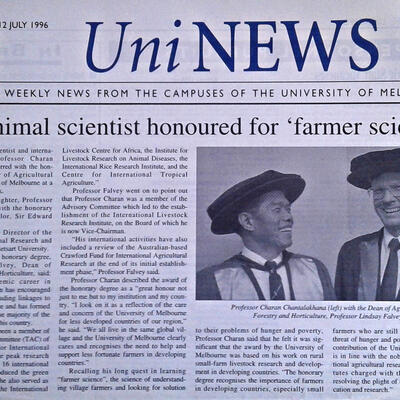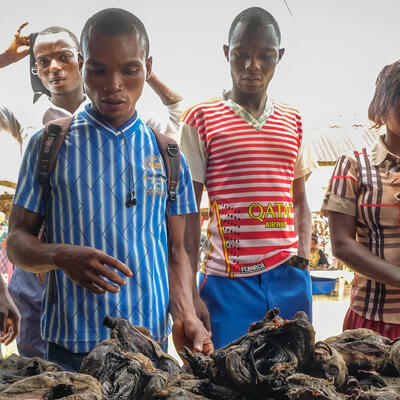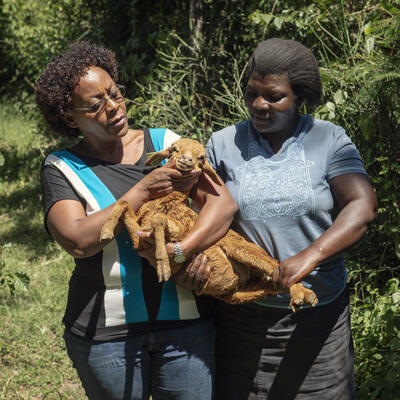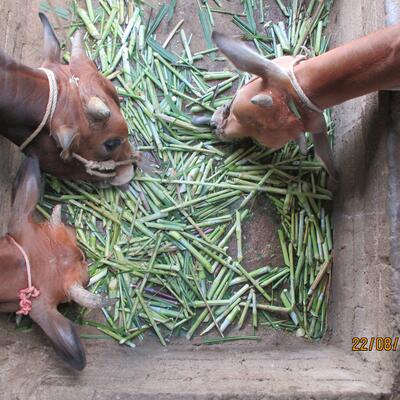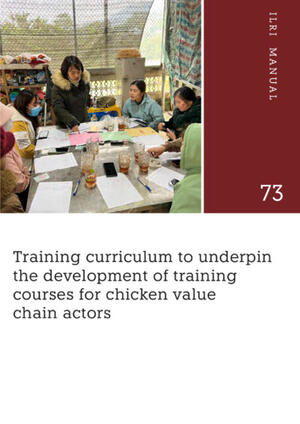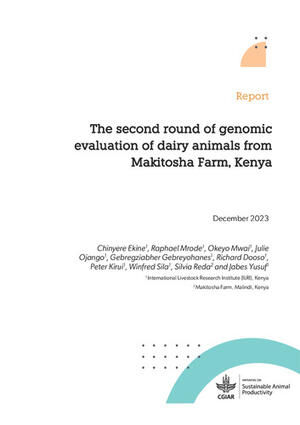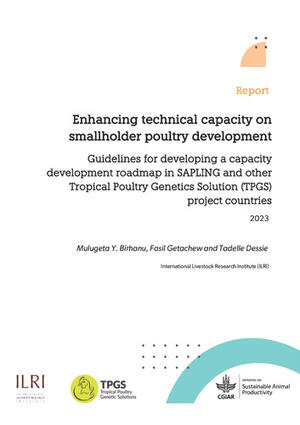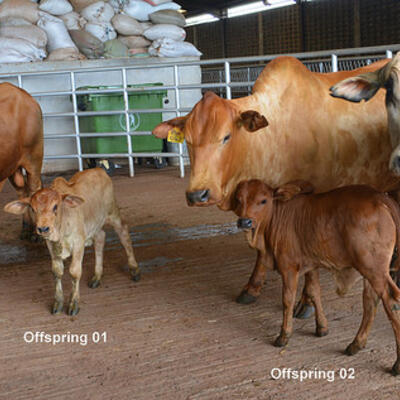
Voices on chicken genetics: Working together to address challenges in Tanzania’s poultry sector
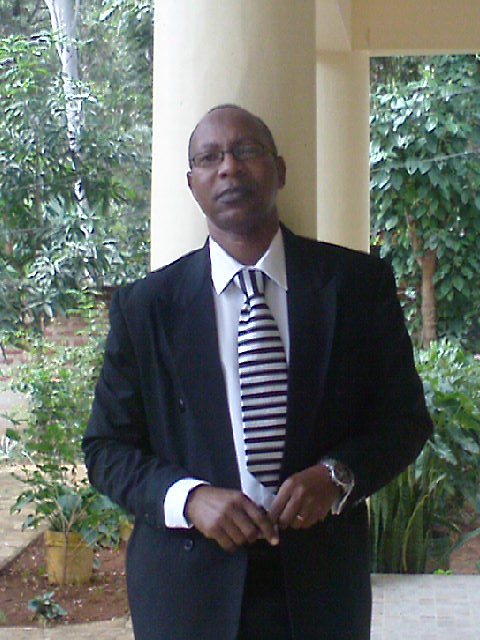
Said Mbaga, co-principal investigator (PI) in the Tanzania country team, introduces himself and his work with the program. It is one of a series of portraits of key people in Africa Chicken Genetic Gains (ACGG).
Tell us about your background
I am an animal scientist with a PhD in breeding. I have been teaching at Sokoine University for the past 25 years. On the research front I have been involved in smallholder programs in the country and that is what brought me to ACGG.
What is your function and what are you currently working to accomplish in ACGG?
I am co-PI, ideally assisting the principal investigator (Ezekiel Goromela) in all matters pertaining to running ACGG activities. But we are also working as a team in most of the cases e.g. on planning, execution of the project in Tanzania.
What is the next piece of work you are focusing on right now?
The next major piece of work for me in this project is receiving the fertilized eggs, making sure they reach the stations and farms and that they are hatched. Along those lines we want to make sure that the national and sub-national platforms as well as the community-level platforms that will be formed are functional.
Why does this project matter and what gets you excited about it?
ACGG is exciting because it gives another opportunity to engage with people who are interested in poultry. Furthermore, the way the project is structured with partners who have international credibility impresses me. Additionally, engaging the private sector as equal partners will enable co-creation of solutions to some of the challenges facing the poultry sector in Tanzania.
The other thing that excites me is that the project is pro-poor and it targets rural women. This is an opportunity to showcase that through poultry women can be indeed be empowered financially and equitably have a say in their households and communities. In addition, there are opportunities for implementing plans and activities that will ensure long-term genetic gains culminating in increased accessibility of preferred tropically-adapted poultry breeds.
What about the project is a cause of concern for you and how can it be addressed?
My concerns relate to the size of the project, the distribution of the project (working in five zones) and anticipated challenge of covering almost 80 villages and over 2000 households. But we are prepared for it. Planning is one thing, execution is another one, and adoption is yet another. We have to work to see if we will successfully see our ideas to fruition from the stat all the way to adoption. The other challenge is engaging with the private sector. We are hoping that that engagement will be sustained and expanded beyond the project life.
What do you foresee as the lasting impact of ACGG?
The way I see it, ACGG will be a showcase project and it has potential for scaling up and going beyond the project villages. By doing so it will revolutionize smallholder chicken farming and enable creation of businesses along the value chain.
Any other thought?
We need to critically look at how best the smallholder farmers could be assisted to establish a financing mechanism to enable them meet the cost of requisite inputs such as supplementary feeds and medications. Sustainability will also depend on how well these farmers are integrated with markets.





